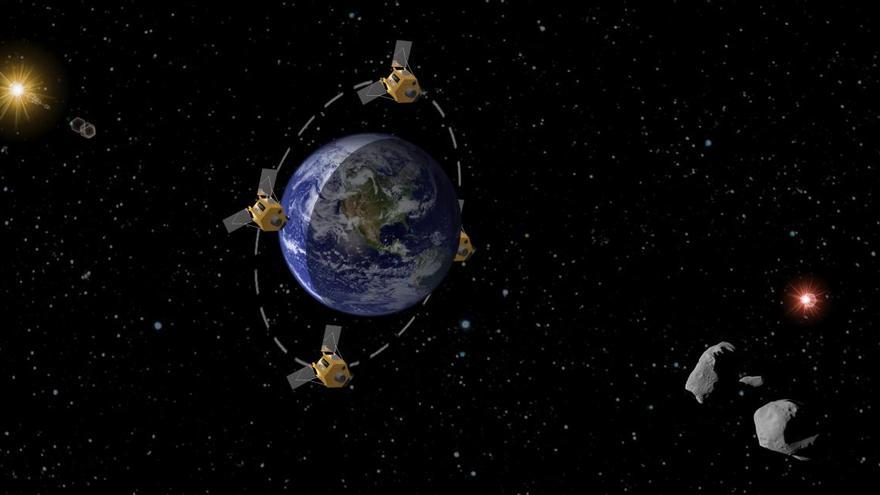A Cosmic Leap for the Canary Islands
In just four years, astronomers in the Canary Islands will make one of the most significant leaps in the archipelago’s cosmic exploration history. After years of deliberation, the dream of launching the first fully Canarian space observatory is nearing reality. IACSat-1, the pioneering telescope developed by the Canary Islands Astrophysics Institute (IAC), marks a bold step into space-based research.
Why Space? The Atmospheric Challenge
For years, IAC researchers faced a persistent obstacle: Earth’s atmosphere. While essential for life, this gaseous layer distorts data from ground-based telescopes, forcing scientists to “correct” their observations. Pollution exacerbates the problem. Space-based observations eliminate this interference, offering crystal-clear cosmic insights. “Until now, we’ve focused on Earth observation with DRAGO cameras and the Canary Islands satellite constellation,” explains José Alonso, manager of IACTEC’s Space Group.
Hunting for Alien Earths
For 70-85% of its operational life, IACSat-1 will search for Earth-like exoplanets orbiting M-dwarf stars in our solar neighborhood’s habitable zone—prime candidates for extraterrestrial life. The remaining time will support other scientific goals, including chromatic analysis of planetary transits for missions like CHEOPS and PLATO.
Strategic Independence and Global Impact
This telescope represents more than scientific progress—it’s a strategic game-changer. “We won’t depend on other groups; we’ll focus on what we deem important,” says Alonso. Yet the data won’t be exclusive—any global research team can request access. “It’ll be a bargaining chip,” he notes. The telescope will also enhance international science by identifying targets for powerful instruments like the James Webb Space Telescope and future giants like Chile’s Extremely Large Telescope.
Small but Mighty: Technical Breakthroughs
Despite its modest 24-centimeter diameter, IACSat-1 will deliver exceptional precision in visible and near-infrared ranges. It pioneers affordable space astronomy—”We want to make science more accessible,” Alonso emphasizes, while acknowledging the challenge. The project has already impressed the European Space Agency (ESA), passing its February 2025 System Requirements Review.
The Road to Launch
Airbus Defense and Space now leads preliminary designs, with a final blueprint expected by 2027. The ambitious 2029 launch depends on securing full funding—currently, only half the required resources are secured. If successful, this compact observatory will position the Canary Islands at the forefront of cosmic discovery.

